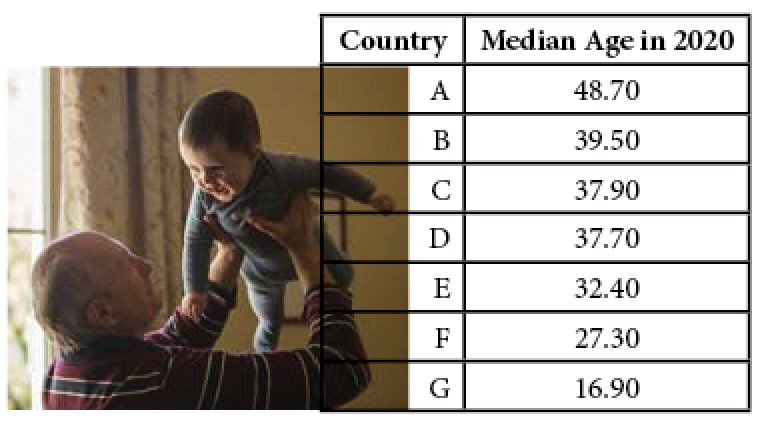
To investigate this question, it’s important to recognize that intelligence is not an absolute quality, but is a cognitive capacity to succeed in a particular environment. The famous quote, “Everyone is a genius, but if you judge a fish by its ability to climb a tree, it will live its whole life believing that it is stupid,” often attributed to Einstein, captures the idea that intelligence is a multi-faceted quality, and each environment calls into play different cognitive skills in different proportions.
Prior to the computer age, books and encyclopedias were the storehouse of knowledge and people had to supplement these resources by carrying a great deal of knowledge in their heads. Children had to memorize poems, and practice algorithms for performing computations, and scholars had to possess a broad range of knowledge across a wide swath of subjects, including philosophy, history, and literature. People who answered knowledge questions on television programs of the 1950s, such as The $64,000 Question and in the early 21st century, Jeopardy!, were considered to reside at the pinnacle of high intelligence.
However, the 2011 defeat of Jeopardy! champions Ken Jennings and Brad Rutter by IBM’s intelligent machine, Watson, symbolized a reduced importance of knowledge as a component of intelligence. In the computer age, knowledge is becoming less important than the ability to access and use information. Performing arithmetic algorithms for computation became less important than knowing how to use a calculator to solve arithmetic word problems. Tests that measure knowledge or computational ability would, of course, reveal that the modern generation scores lower in these areas than the generations in the 20th century.
However, the computer age is now demanding that people be able to access knowledge using the technology. This includes the construction of prompts to ChatGPT to ascertain information and the application of this information to the solution of problems. Today, high intelligence is associated more with the ability to solve problems and the invention of creative solutions than the possession of knowledge. Our new generation of entrepreneurs, including Musk, Bezos, Zuckerberg, Page and Brin are all celebrated as brilliant on account of their creative abilities in programming and designing products.
Reports about increasing and decreasing intelligence of successive generations such as the Flynn Effect and its reverse, were based on IQ tests that measure many of the “old style” types of intelligence, but do not measure creativity or long-term problem solving ability. While Raven’s Progressive Matrices are excellent measures of intelligence and pattern recognition, we also need to develop tools that measure creativity and other dimensions of intelligence.
While basic fluid intelligence, derived mainly from our DNA, isn’t changing significantly in successive generations, the part of our intelligence that is nurtured and developed through education (called “crystallized intelligence”) may be threatened by a gradual deterioration in educational standards. (The DEI movement, while well-intentioned, has sometimes undermined the provision of programs for the gifted and hobbled those who are best able to make future intellectual contributions.) International studies reveal that student performance in mathematics is declining, but part of that decline might be attributed to the fact that the skills tested are those skills described above and may not be as relevant in the future.
In the absence of tools for measuring some of the dimensions of intelligence described above, it has been impossible to make any credible assertions about the relative intelligence of successive generations. That is why there are no definitive studies to which we can refer to make trustworthy comparisons.
